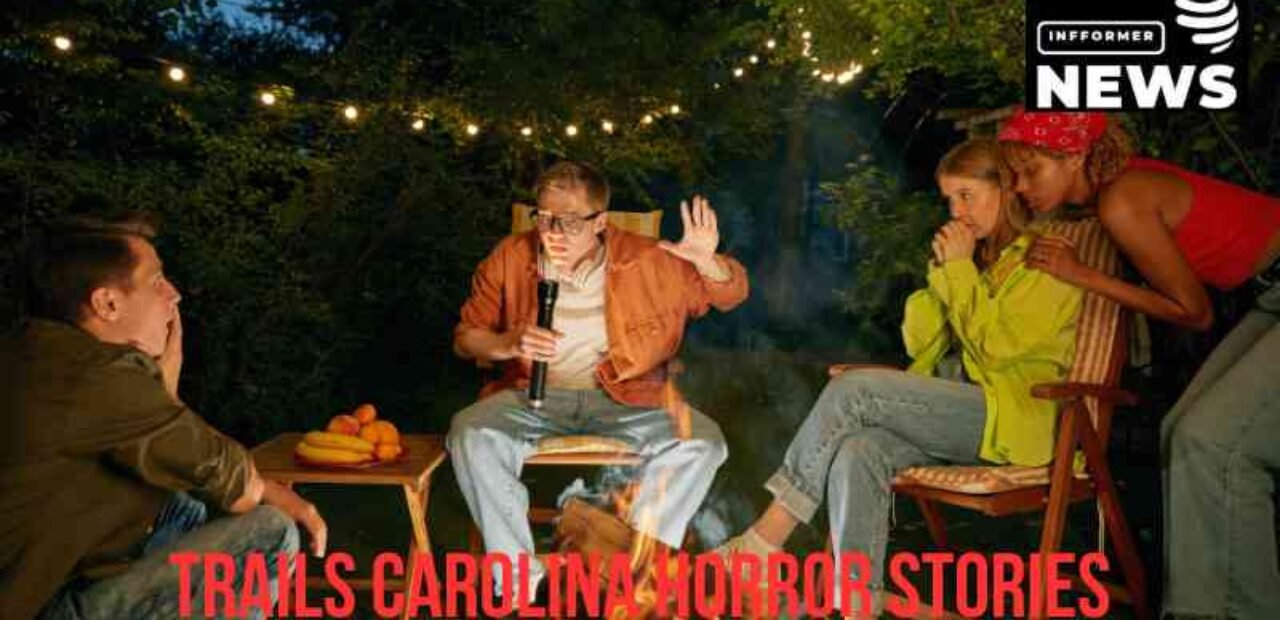Trails Carolina Horror Stories: Unmasking the Hidden Dangers of Wilderness Therapy
Introduction to Wilderness Therapy
Wilderness therapy, often heralded as a transformative experience for troubled teens, involves immersing participants in nature to encourage personal growth and behavioral change. Programs like Trails Carolina promise a journey of self-discovery and rehabilitation through outdoor activities, group therapy sessions, and survival skills training. However, beneath the veneer of serene landscapes and therapeutic promises lies a darker reality. This article delves into the Trails Carolina horror stories, shedding light on the hidden dangers that have marred the experiences of many participants and their families.
The Promises of Trails Carolina
Trails Carolina markets itself as a premier wilderness therapy program designed to help adolescents struggling with various emotional and behavioral issues. The program emphasizes holistic healing, claiming to address the root causes of participants’ problems through a combination of nature immersion, therapeutic techniques, and educational interventions. Parents are drawn to these promises, hoping that the wilderness can provide the reset their children need.
The Reality: Stories of Distress
Despite its lofty promises, numerous horror stories have emerged from Trails Carolina. Former participants and their families have reported experiences of physical and emotional distress, inadequate medical care, and unqualified staff. These accounts paint a picture starkly different from the one advertised.
Physical and Emotional Distress: Many participants describe the physical demands of the program as excessive and, at times, dangerous. Long hikes, extreme weather conditions, and insufficient rest have led to injuries and severe fatigue. The emotional toll is equally harrowing. Some teens have reported feeling isolated and unsupported, exacerbating their existing mental health issues rather than alleviating them.
Inadequate Medical Care: There have been troubling reports of inadequate medical attention for participants in need. Stories of untreated injuries, lack of access to necessary medications, and delays in emergency responses have surfaced. These lapses in medical care have put participants’ health and safety at serious risk, leading to a growing chorus of concerned parents and advocates.
Unqualified Staff: The qualifications and training of Trails Carolina staff have come under scrutiny. Some former staff members have admitted to lacking the necessary credentials and experience to handle the complex needs of the participants. This lack of expertise has contributed to mishandling of crises, poor therapeutic interventions, and a general sense of instability within the program.
The Impact on Families
The horror stories from Trails Carolina extend beyond the participants to their families. Parents who entrusted their children to the program with hopes of positive change have instead faced heart-wrenching distress. Stories of broken trust, financial strain, and lasting trauma are common among families who feel betrayed by the program’s promises.
Broken Trust: Parents often feel a deep sense of betrayal when they discover the harsh realities their children faced. The trust they placed in Trails Carolina is shattered, leaving them to grapple with feelings of guilt and regret for subjecting their children to such experiences.
Financial Strain: Wilderness therapy programs like Trails Carolina are expensive, with costs often running into tens of thousands of dollars. For many families, these expenses are a significant financial burden. When the promised benefits fail to materialize and horror stories emerge, the financial strain is compounded by a sense of wasted resources.
Lasting Trauma: The emotional scars left by negative experiences at Trails Carolina can last a lifetime. Participants and their families often require additional therapy and support to process the trauma they endured. The very issues that led them to seek help in the first place can be exacerbated, creating a vicious cycle of distress and healing.
Examining the Program’s Practices
To understand the prevalence of these horror stories, it’s crucial to examine the practices and policies of Trails Carolina. Critics argue that the program’s approach to therapy and discipline is fundamentally flawed, contributing to the negative outcomes experienced by many participants.
Therapeutic Techniques: Wilderness therapy programs often rely on a combination of group therapy, individual counseling, and outdoor activities. While these techniques can be effective in certain contexts, they may not be suitable for all participants. The one-size-fits-all approach of Trails Carolina has been criticized for failing to address the unique needs of each individual, leading to ineffective and sometimes harmful interventions.
Disciplinary Measures: Reports of harsh disciplinary measures at Trails Carolina are concerning. Participants have described punitive practices that include isolation, physical restraints, and verbal abuse. These methods can be particularly damaging to vulnerable teens, exacerbating their emotional and behavioral issues rather than resolving them.
Lack of Oversight: A significant issue with wilderness therapy programs is the lack of regulatory oversight. Unlike traditional therapeutic settings, wilderness programs often operate with minimal scrutiny from state or federal authorities. This lack of oversight allows for the perpetuation of harmful practices and makes it difficult for families to hold programs accountable for their actions.
Advocacy and Reform Efforts
In response to the growing number of horror stories, advocacy groups and concerned individuals have called for reforms in the wilderness therapy industry. These efforts aim to increase transparency, improve the quality of care, and ensure the safety and well-being of participants.
Increased Regulation: Advocates are pushing for stricter regulations and oversight of wilderness therapy programs. By establishing clear standards for staff qualifications, medical care, and therapeutic practices, they hope to prevent the types of abuses reported at Trails Carolina.
Greater Transparency: Transparency is crucial in rebuilding trust between families and wilderness therapy programs. Advocacy groups are calling for programs to provide detailed information about their methods, staff credentials, and safety protocols. This transparency can help parents make informed decisions and hold programs accountable for their actions.
Support for Survivors: Recognizing the lasting impact of negative experiences, advocacy efforts also focus on providing support for survivors of wilderness therapy. This includes access to counseling, legal assistance, and platforms for sharing their stories. By amplifying the voices of survivors, advocates aim to drive meaningful change in the industry.
Conclusion: A Call for Caution
The Trails Carolina horror stories serve as a stark reminder of the potential dangers hidden beneath the promises of wilderness therapy programs. While some participants may benefit from such interventions, it is essential to approach these programs with caution. Families considering wilderness therapy must thoroughly research and critically evaluate their options, ensuring that the chosen program can genuinely meet the needs of their child. Advocacy and reform efforts are crucial in creating a safer, more accountable industry, but until significant changes are made, the dark side of wilderness therapy remains a real and pressing concern.
Read Related Posts: News Informer





























































